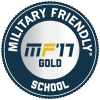Juliana Roding ’12 (Economics)
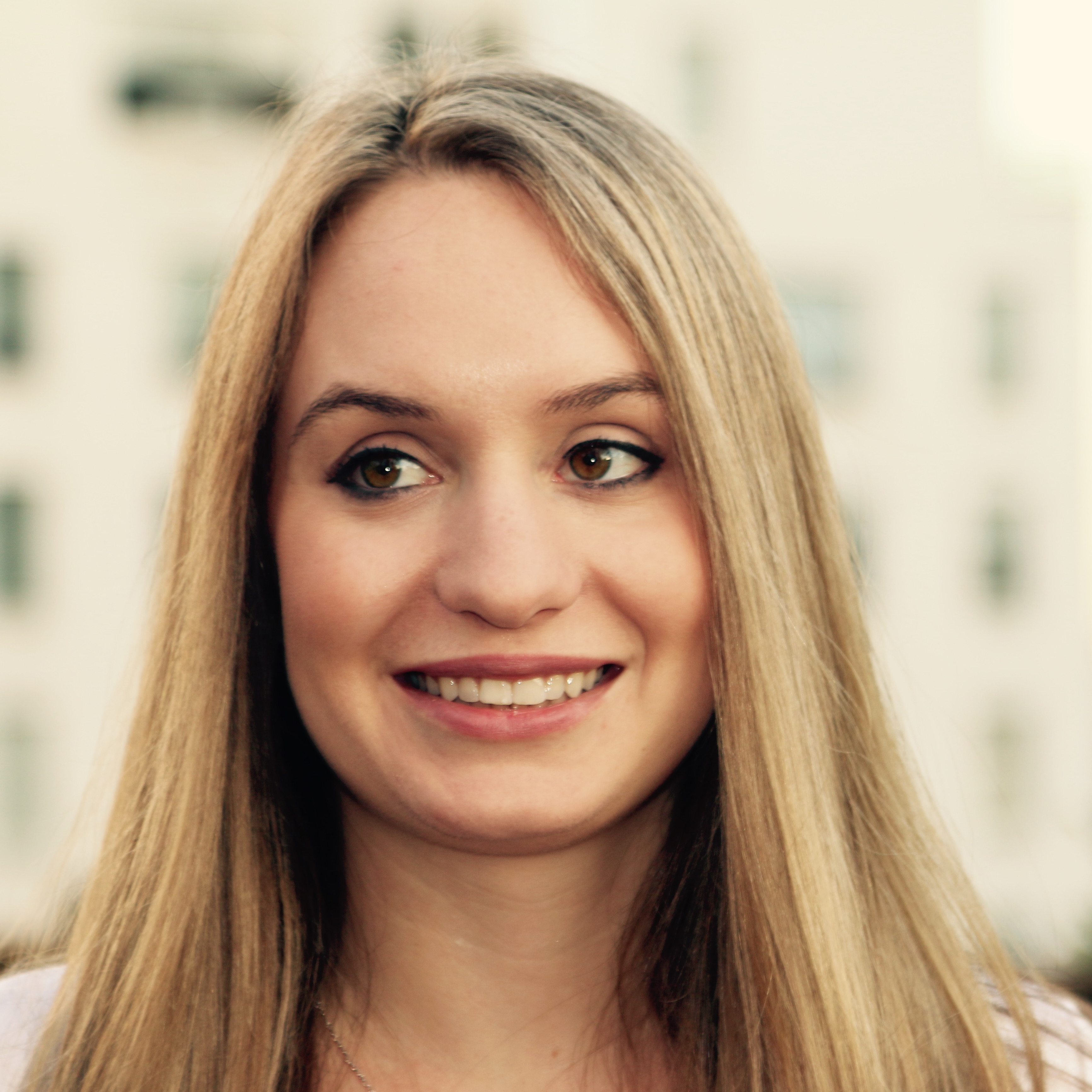
VP, Advanced Analytics
I lead the Analytics practice within Horizon Next, a division of Horizon Media, a leading media agency in the country. My job is to assure we are placing our clients’ media strategically with respect to both efficiency and effectiveness metrics. This is done through carefully crafted time series panel models as well as machine learning techniques to understand influences of key performance indicators (KPIs). This allows us to decompose the factors that are driving our clients' business and get to the ROI across the marketing channels relative to the investment level.
This opportunity to lead a team of 30+ data scientists, data engineers, and analysts has allowed me to leverage key strengths around leadership, mathematics, and creative thinking. All of which I was able to begin honing through my education at SUNY New Paltz. It was the ideal place to help me learn my strengths and set me on a path to develop them further in post-graduate studies and my career. Coming into my undergraduate degree, I had been very unsure of what my strengths were. Being given exposure to a broad range of subjects led me to discover the areas that truly inspired me.
My degrees in economics and mathematics helped me gain the fundamental knowledge that drives much of my work.
Professor Azari, Professor Mozayeni, and Professor Dominici inspired me most.
June 2019
Alba Melchor ’13 Economics
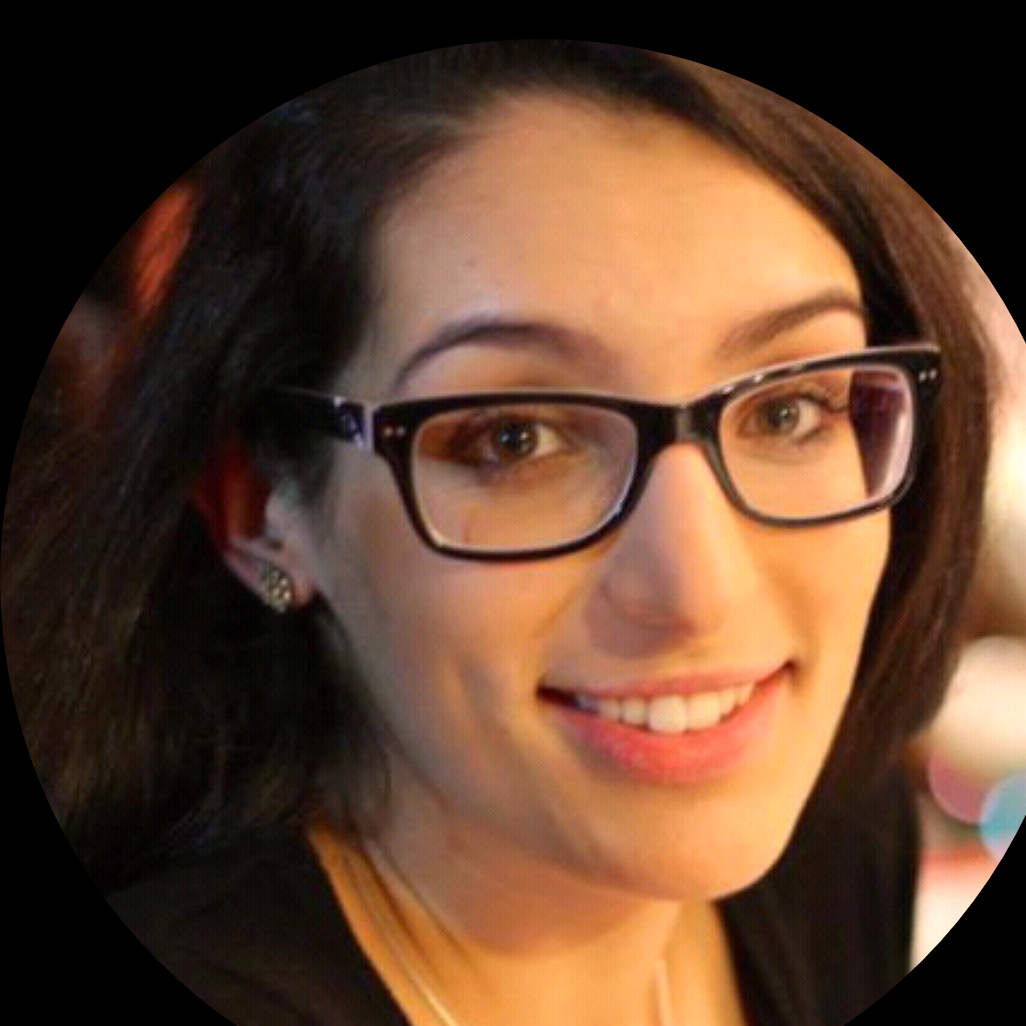 Business Development Project Manager for Partnerships
Business Development Project Manager for Partnerships
I'm currently based in London, working for the leading provider of market data information, which paired with innovative technology, fuels the financial industry. I'm a project manager enhancing the benefits and commitments we offer to our partners to strengthen relationships and ensure the best solution to our customers. My time at New Paltz helped me become more culturally aware, more confident in debating and more skilled at research. Without those skills I wouldn't have made it this far.
For me a liberal arts education is a foundation for life, a solid ground that helps you understand the world, throughout history and today.
I'll never forget Professor Hsu, not only because she would bring us donuts and play loud music to wake us up at our 8 a.m. classes, but because her emphasis on innovative development routes sparked hope for underprivileged economies.
October 2017
Naoya Uezato ‘06 (Economics)
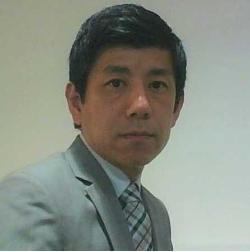 Custody Account Manager, Citi
Custody Account Manager, Citi
My study experience at New Paltz took me to where I am right now. In the workplace, I took full advantage of the economic analytical skills and knowledge I acquired in a classroom. Economic concepts such as division of labor and economy of scale work as a tool to understand the optimal business activity models that multinational corporations implement globally. After New Paltz, I moved myself from a classroom to an office at the gigantic financial institution, and I worked together with my peers to make clients’ transactions happen, enhance their client experience, and run the economy on a daily basis.
As an international student whose mother tongue is not English, keeping up with classroom lectures, completing homework assignments, all in the foreign language, were a huge challenge throughout my college life. Oftentimes, I had my back against the wall. Though in hindsight, the time and energy I spent for reading through course material, working on difficult homework assignments and delivering a good result are now rewarding. Also, being proficient in English at a multinational corporation like Citi gave me a plethora of opportunities because the working language at international firms tends to be English. In fact, via the proprietary network of Citi, I worked with my partners with diverse backgrounds across regions.
I see that a liberal arts education gives students a foundation for their future learning activities after college. In my case, my liberal arts education provided me with a grand map of how each of the academic areas are interconnected, and I have become more inquisitive about pursuing wisdom. As a matter of fact, economics was developed by taking ideas from mathematics, philosophy, psychology, and physics. As you study economics and deepen your understanding, you end up picking up the books in those related academic areas.
By not circumscribing myself in a single academic discipline, I was able to broaden my understanding of social sciences. Mastering new skills, topics, and bodies of knowledge became habits even after graduation. When I grapple with a business problem at work, I also consider the background and relevant business/tax laws to grasp a big picture of the operational procedures and environment. This method might be time-consuming but leads me to the core of the problem, and I can come up with a proposal and move ahead for resolution.
Because the business issues tend to be complicated and multifaceted, reaching a solution requires a significant amount of research from a range of perspectives (market environment, regulatory requirement, and clients’ needs, etc.). In writing this story, I have come to realize that I learned the method through my academic activities at New Paltz and my mindsets were cultivated accordingly.
Life and business are a series of uncertainties and challenges. Nothing stays the same for long. When we encounter a problem, we should rather take it as a challenge and turn it into an opportunity for our personal growth. Being open to a new challenge is a critical factor for success. In this respect, my liberal arts education experience at New Paltz means a lot to me because it taught me the importance of lifelong learning and empowered me to strive for achieving a high standard of performance in the real world.
September 2018
John McDonald ’03 (Economics)
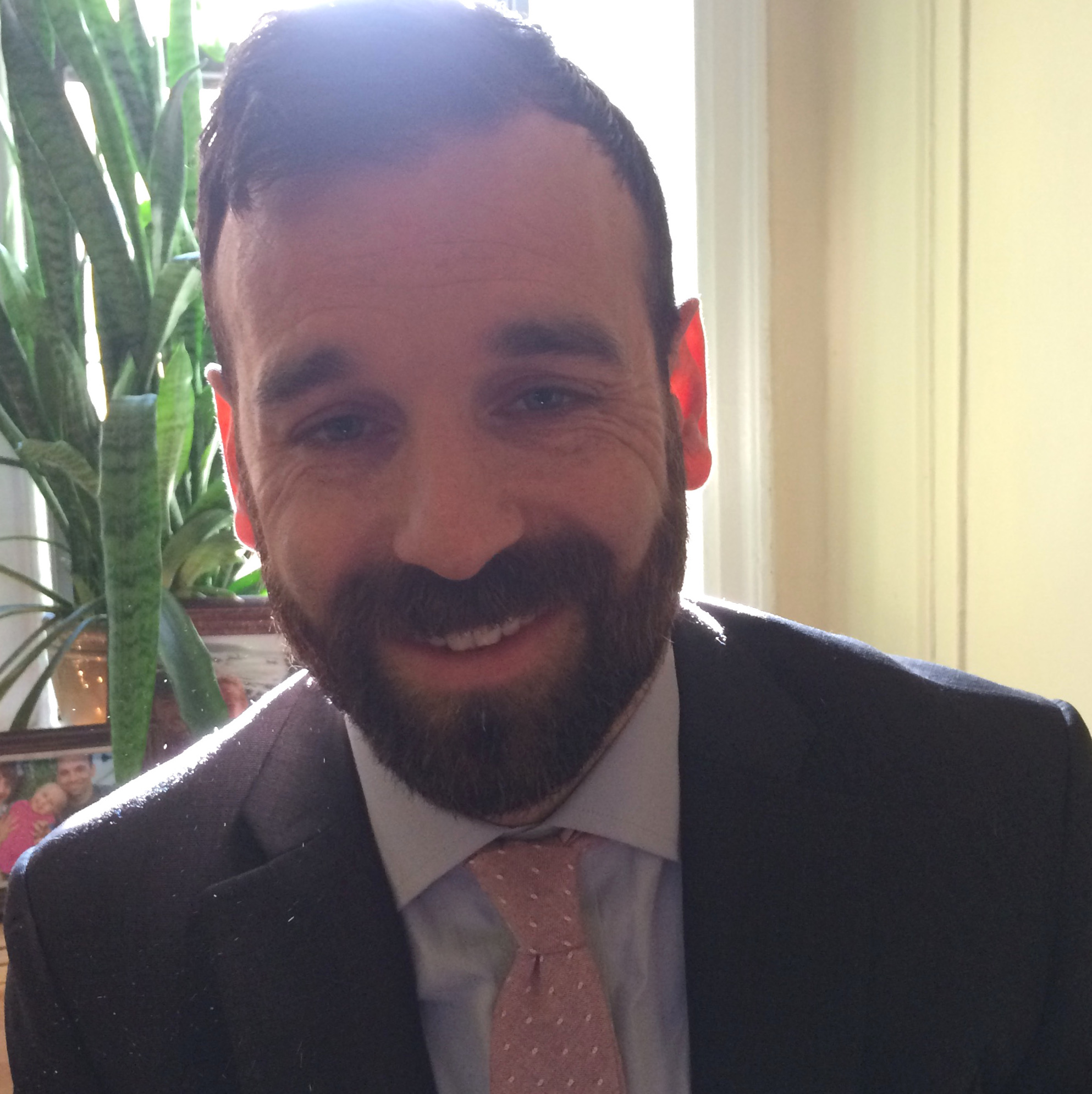 Staff Attorney - Housing Unit, Legal Services NYC
Staff Attorney - Housing Unit, Legal Services NYC
I am a staff attorney working in the housing unit at Legal Services NYC in the Bronx under the Homelessness Prevention Law Project grant. I represent low-income tenants facing eviction in New York City Housing Court who cannot afford an attorney.
While at SUNY New Paltz, my study of economics began my interest in economic and social justice issues. I later earned a master’s degree in Sustainable Development from the University of New South Wales in Sydney, Australia where I studied, among other things, the environmental impact of planning decisions on poor communities. While in law school, I did a judicial clerkship at the High Court in Johannesburg, South Africa, and I worked on civil rights issues at the New York affiliate of the American Civil Liberties Union. My studies made me realize that I wanted to devote my career to taking on human and civil rights issues created by unfair and unjust economic and political systems.
To me, a liberal arts education is about the study of things that cannot necessarily be quantified in economic terms, such as art, philosophy, preserving our environment, and discovering what it means to be human. For me that means a continuing search for truth, justice and interconnectedness with community.
April 2016


 Business Development Project Manager for Partnerships
Business Development Project Manager for Partnerships Custody Account Manager, Citi
Custody Account Manager, Citi Staff Attorney - Housing Unit, Legal Services NYC
Staff Attorney - Housing Unit, Legal Services NYC